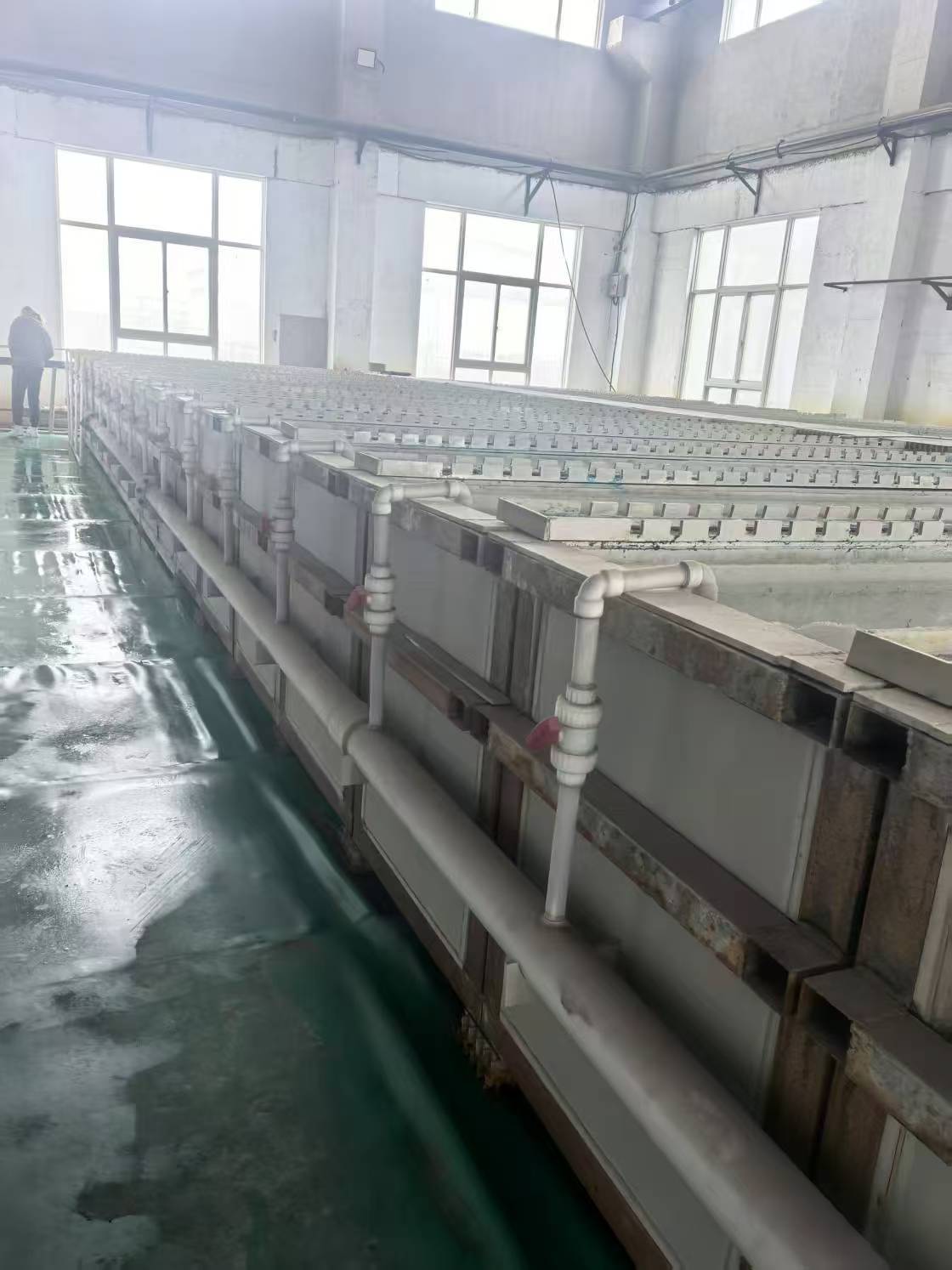NEWS&EVENTS
Extracting metallic copper from copper oxide ores primarily utilizes hydrometallurgical technology, which is particularly suitable for processing low-grade ores. The core process involves using chemical solvents to dissolve the copper element from the ore, followed by enrichment and purification. The main steps are as follows:
Step 1: Ore Preparation. The mined copper oxide ore is first crushed and ground to reduce its particle size to a certain level. This step aims to increase the surface area of the ore, allowing the subsequent leaching reaction to proceed more quickly and fully.

Step 2: acid leaching. This is a key step in hydrometallurgical copper smelting. Finely ground ore is fed into large leaching tanks, where dilute sulfuric acid (H₂SO₄) is added as a leaching agent. Copper oxide minerals (such as malachite and azurite) react with the sulfuric acid to produce a soluble copper sulfate solution. The core reaction is: CuO + H₂SO₄ → CuSO₄ + H₂O. Remaining solid impurities (gangue) are separated by sedimentation and other methods.
Step 3: Solution purification and enrichment. The resulting copper sulfate solution (called leachate) is typically low in concentration and contains various impurity ions (such as iron and cobalt). Purification treatment is required by adjusting the pH or adding specific reagents to remove these harmful impurities and prepare for the next step of extracting pure copper.
Step 4: Copper extraction. Electrolytic deposition (the mainstream modern method) involves feeding the solution into an electrolytic cell with a lead alloy as the anode and stainless steel as the cathode, and applying direct current. The copper ions in the solution gain electrons at the cathode and are reduced, forming a high-purity cathode copper plate (purity exceeding 99.99%).
Finally, the resulting cathode copper plates are melted down into ingots and sold as the final product. The hydrometallurgical copper smelting process has the advantages of low cost, environmental friendliness, and the ability to process lean ore, making it the primary method for extracting copper oxide ores.